
I was interviewed for Nightline this week regarding a story about a young girl, LilTay, her controversial videos, the adults who are profiting off of her negative reputation and her very popular Instagram account.
What’s happening?
I think this is a story of a young child who is being used and fed a script to garner attention and gain money. She is the puppet and the adults in her life are pulling the strings. While others might say she is making her own choices, she is 9 years old—and while she is fully equipped to make some choices in her life- pursuing music over gymnastics or art—who she wants to be friends with- what she wants to wear, when the stakes are so high, the persona is so public and the footprint so big—we need some strong adult influence here—if it’s positive, then great things can happen but if it’s negative or not in the best interests of the child, it certainly can do more harm than good.
Is this detrimental?
I believe that a negative reputation can have a profound effect on a young, developing girl. Children are shaped by their connections and by their experiences. Her experiences are being shaped by the adults in her life and by what they are having her do and say. What happens down the line when she is 13, 15, 20 or 30—and she wants to go a different path? Her managers have created such a large footprint that it will be difficult for her to shake this contrived reputation if she would like to do so.
Her reputation proceeds her knowing who she is– the key adults in her life are helping to create a reputation that Taylor will need to fit herself into for the rest of her life.
Is a 9-year-old equipped to make these decisions?
Children don’t yet have a fully developed pre-frontal cortex that allows us to make decisions based on different factors. In other words, children’s brains are not fully developed—that’s why we have parents, teachers and coaches to help guide the way.
Who is accountable?
An online reputation that embraces such a negative persona, even if it’s orchestrated (why I think it’s orchestrated), can have a negative effect on how others see you. At his point, people are asking her where her parents are—as they are accountable now– but eventually, they will be holding her accountable.
What is our responsibility as parents?
It’s our responsibility as parents to help guide our children to become the best versions of themselves—to become kind, contributing citizens who use their gifts to inspire and help others. My concern is that this negative persona actually takes away from her gifts—it says “look at me” instead of hear my music or my message. It is really up to us as parents, leaders and educators, to help our young people though connection, conversation and example, to highlight their gifts, develop their character and contribute something positive to this world.
Why are likes and comments so important to the kids who use social media?
We know that many young people look to social media to gain attention—likes and comments become validation for their existence and that can become addictive. It feels good to be seen and heard—even if it’s not for the right things.
What kind of effect can all those negative comments have on this young girl?
A young child does not have the capacity to simply turn a blind eye to nasty, lewd or threatening comments. They can reek havoc on her developing self esteem, self worth and sense of self. The internet is not a bubble. She, with the help of the adults in her life, is creating controversy and backlash. Her brand will continue to garner negative attention which will be hard to shake as she grows.
What do YOU think of this situation? Full Nightline video here. Do you find these videos problematic or entertaining? Knowing that most people will only see the videos in which she curses, uses offensive racist terminology, flashes money around and talks smack about everyone in her path– are the adults in her life setting her up for positive stardom or a negative reputation that is problematic and harmful?


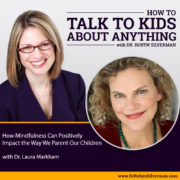

 Family rules. Something every family needs but likely has not formally discussed or written down. Think about it– does your family have known, documented family rules?
Family rules. Something every family needs but likely has not formally discussed or written down. Think about it– does your family have known, documented family rules?
 It was 1996, my Freshman year of college, when I came face-to-face with a truth that still follows me today- one unifying concern that almost all girls and women seem to share is that they want to change something about their bodies. I still remember when it happened, as it came as a surprise to me. One of my friends asked me if my thighs touched. This gifted young woman, with big brown eyes, a sharp brain and warm heart worried that how close her thighs were to the other cancelled out her talents, intelligence and overall value.
It was 1996, my Freshman year of college, when I came face-to-face with a truth that still follows me today- one unifying concern that almost all girls and women seem to share is that they want to change something about their bodies. I still remember when it happened, as it came as a surprise to me. One of my friends asked me if my thighs touched. This gifted young woman, with big brown eyes, a sharp brain and warm heart worried that how close her thighs were to the other cancelled out her talents, intelligence and overall value.


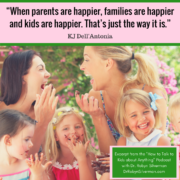
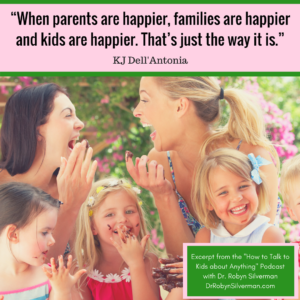
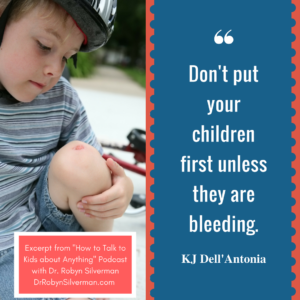 NOW– Want to know exactly what to do? I interviewed New York Times contributing editor and columnist (remember Motherlode?), KJ Dell’Antonia about her forthcoming book, How to Be a Happier Parent, and we discussed some things we have to stop doing and some things we need to start doing to ensure our happiness. She says some controversial things like “don’t put your children first unless they are bleeding” which may make you dig your heals in and question how what she is saying applies to you- but it’s kind of like the whole airplane directive (put your own mask on first before assisting others).
NOW– Want to know exactly what to do? I interviewed New York Times contributing editor and columnist (remember Motherlode?), KJ Dell’Antonia about her forthcoming book, How to Be a Happier Parent, and we discussed some things we have to stop doing and some things we need to start doing to ensure our happiness. She says some controversial things like “don’t put your children first unless they are bleeding” which may make you dig your heals in and question how what she is saying applies to you- but it’s kind of like the whole airplane directive (put your own mask on first before assisting others).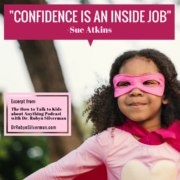
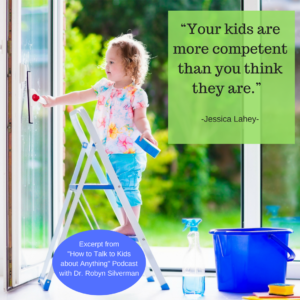 as the same disco ball hung from the middle of the ceiling and remnants of the light up board that used to direct us to “all skate” or “couples only,” I was also a little bit anxious. This was my son’s first time roller skating and he can sometimes have an ugly tape inside his head telling him he can’t do something even before he starts. Do you have anyone in your life that gets that?
as the same disco ball hung from the middle of the ceiling and remnants of the light up board that used to direct us to “all skate” or “couples only,” I was also a little bit anxious. This was my son’s first time roller skating and he can sometimes have an ugly tape inside his head telling him he can’t do something even before he starts. Do you have anyone in your life that gets that?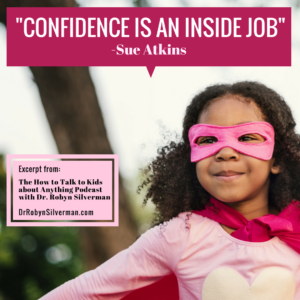 It can be hard to let go. But even before that, it can be hard to slowly transition from taking the lead to allowing your child to do so. And yet, this is one of the key ways that they gain confidence. Self-reliance and taking healthy risks allow a child to learn to trust him or herself. To get up when they fall. And they will. And though it’s hard, we will grin and bear it as they gain the grit to bear it themselves.
It can be hard to let go. But even before that, it can be hard to slowly transition from taking the lead to allowing your child to do so. And yet, this is one of the key ways that they gain confidence. Self-reliance and taking healthy risks allow a child to learn to trust him or herself. To get up when they fall. And they will. And though it’s hard, we will grin and bear it as they gain the grit to bear it themselves.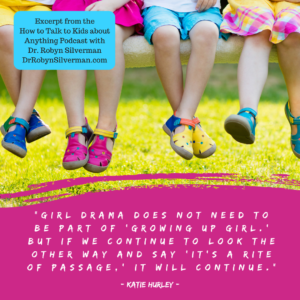 Girls
Girls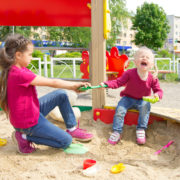
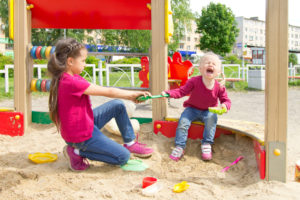
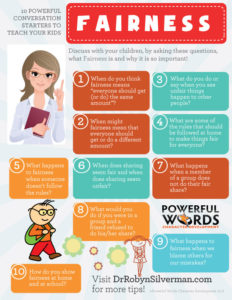 (1) When does fairness mean “the same?”
(1) When does fairness mean “the same?”

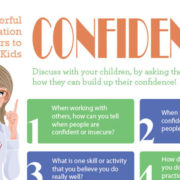
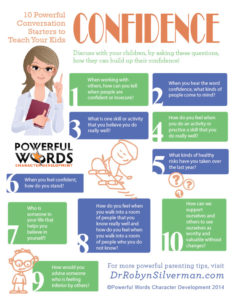 Do you want your children to learn how to be confident but you aren’t sure how to start the conversation? The Powerful Word of the Month for June is Confidence! Confidence us a combination of trust, conviction and assuredness. Confident people are aware of their strengths (but don’t brag about them) and they also know their weaknesses and what they need to work on (but don’t shame themselves). They have a feeling of inner certainty and overall, believe in themselves.
Do you want your children to learn how to be confident but you aren’t sure how to start the conversation? The Powerful Word of the Month for June is Confidence! Confidence us a combination of trust, conviction and assuredness. Confident people are aware of their strengths (but don’t brag about them) and they also know their weaknesses and what they need to work on (but don’t shame themselves). They have a feeling of inner certainty and overall, believe in themselves.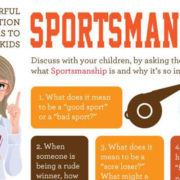
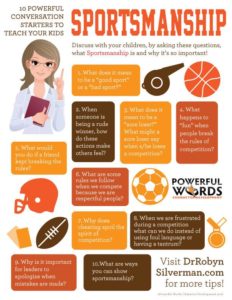 Sportsmanship, showing respect for the rules, the participants and the spirit of competition, is an important powerful word all kids (and adults) must learn when competing with others. Given that May is Sportsmanship month for Powerful Words Character Development, this is a great time to discuss sportsmanship with your children.
Sportsmanship, showing respect for the rules, the participants and the spirit of competition, is an important powerful word all kids (and adults) must learn when competing with others. Given that May is Sportsmanship month for Powerful Words Character Development, this is a great time to discuss sportsmanship with your children.